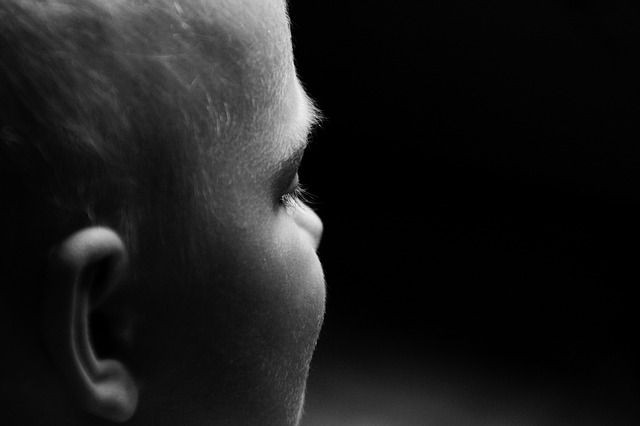What Is ‘Hidden Hearing Loss’? Scientists Detect Symptoms In Young Adults

The first signs of hearing loss may be much more silent than we think, suggests a new study published Monday in PLOS-ONE.
Researchers at the Massachusetts Eye And Ear Infirmary in Boston examined the ears and tested the hearing prowess of young college-aged adults who were regularly exposed to loud noises. Those who routinely protected their ears during their noisy interactions had the same level of hearing sensitivity as those who didn’t, but the latter group was more likely to have trouble hearing speech in a noisy environment, and they had more observable damage to the synapses that help their auditory nerve cells communicate with one another. These slight differences might represent the earliest symptoms of so-called hidden hearing loss, the researchers concluded.
"While hearing sensitivity and the ability to understand speech in quiet environments were the same across all subjects, we saw reduced responses from the auditory nerve in participants exposed to noise on a regular basis and, as expected, that loss was matched with difficulties understanding speech in noisy and reverberating environments," said lead author Dr. Stephanie Maison, an investigator at Mass. Eye and Ear as well as an assistant professor of otolaryngology at Harvard Medical School, in a statement.
Oftentimes, hearing loss is caused by damage to the hair cells found within our inner ear and/or to the auditory nerves that transport electronic signals (converted from sound waves) to the brain. Recently, however, researchers have theorized that damage to the synapses (the structures where signals are transmitted between nerve cells) can be a precursor to age or noise-related hearing loss. Animal studies have shown that synaptic damage caused by loud noises can predict worsening hearing loss in mice as they age, even without the death of hair cells.
Hidden hearing loss, aside from leaving us vulnerable to permanent hearing problems down the road, may also cause us to become overly sensitive to noise (hyperacusis) or to develop a ringing in our ears (tinnitus), the researchers noted.
Because there’s no readily available or fully agreed-upon way to test for this type of hearing damage, though, Mason and her colleagues hope their research can lead to a concrete diagnostic exam in the future and potential treatments that can repair this damage before it’s too late.
"Establishing a reliable diagnosis of hidden hearing loss is key to progress in understanding inner ear disease," said Maison. "Not only may this change the way patients are tested in clinic, but it also opens the door to new research, including understanding the mechanisms underlying a number of hearing impairments such as tinnitus and hyperacusis."
Source: Maison S, Liberman C, Epstein M, et al. PLOS ONE. 2016.



























